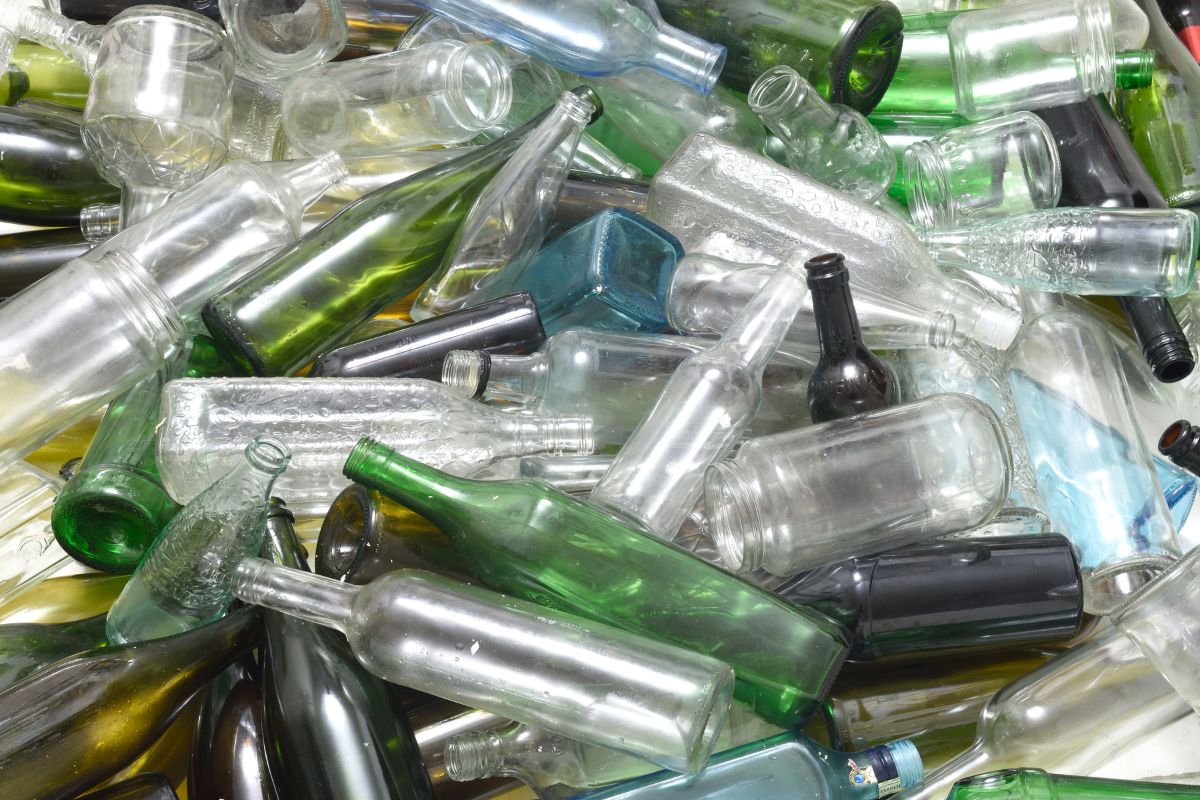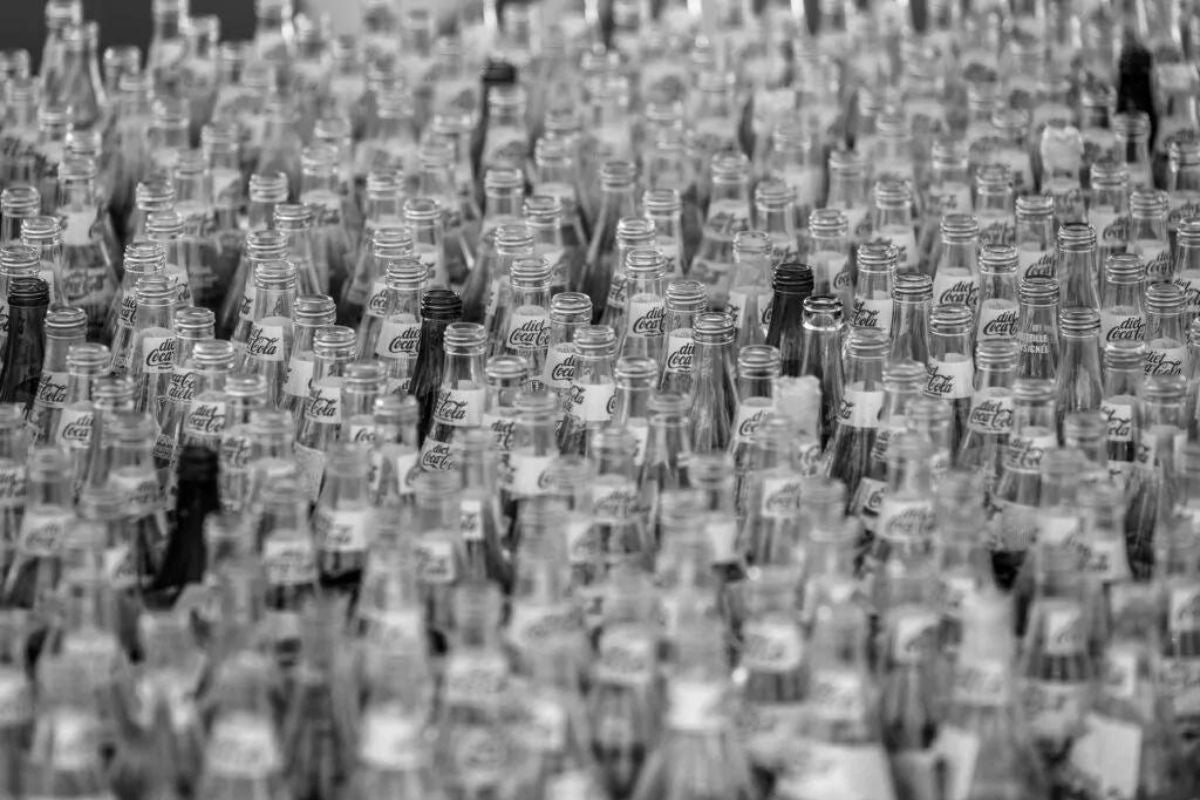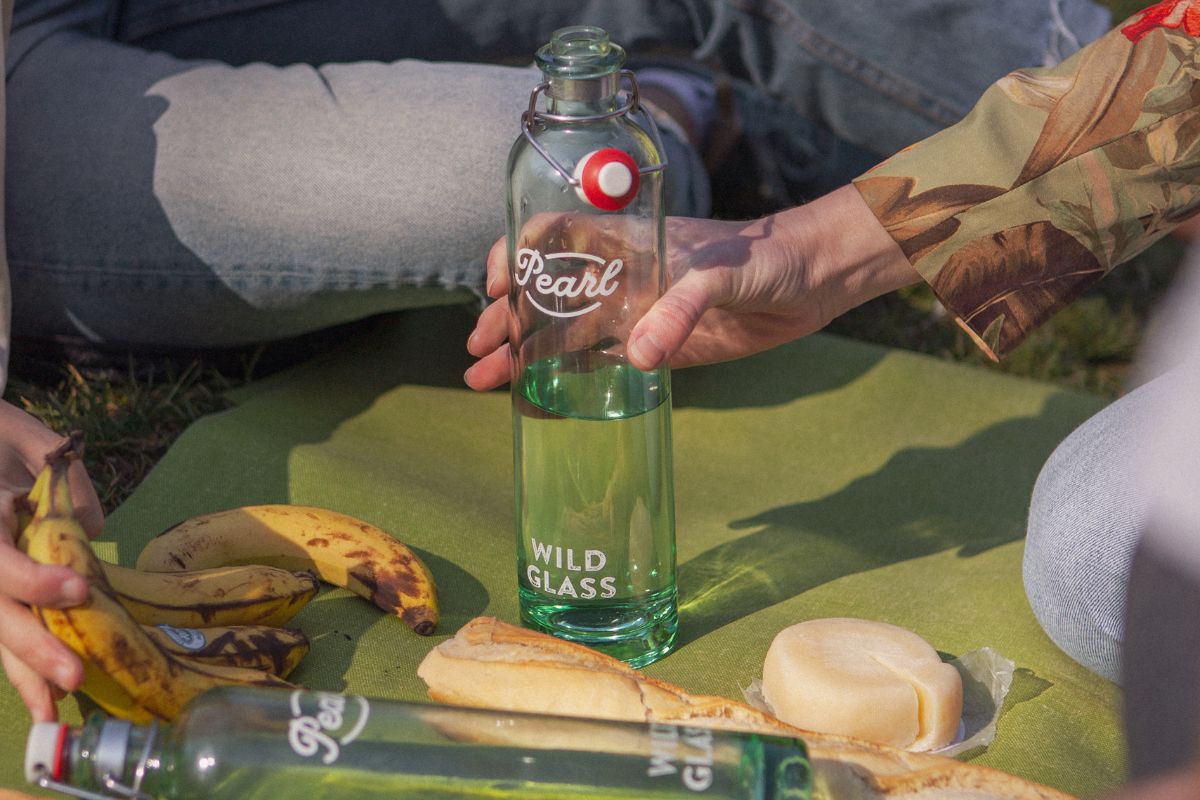GLASS RECYCLING FOR BOTTLES IN GERMANY

Glass is a versatile material that can be recycled multiple times without losing its quality. As a result, glass recycling is an essential process that benefits the environment and conserves natural resources. In this article, we will explore how to recycle glass bottles in Germany, including the benefits, the process, and where you can recycle your glass bottles.
Are Glass Bottles Recyclable?
Yes, glass bottles are 100% recyclable, and they can be recycled endlessly without losing their quality. Glass is made of natural materials, such as sand, soda ash, and limestone, which can be melted and reshaped into new glass products. Recycling glass reduces energy consumption and greenhouse gas emissions, as it requires less energy to melt recycled glass than to melt raw materials.
How Does this Kind of Recycling Work?
The process starts when you separate your glass bottles from other waste and place them in a designated recycling bin. The glass bottles are then transported to a glass recycling centre, where they are sorted by colour, crushed, and cleaned. The crushed glass, also known as a cullet, is melted at high temperatures in a furnace and moulded into new glass products.
How Many Times Can Glass Be Recycled?

Glass can be recycled indefinitely without losing its quality, which makes it a valuable material for the circular economy. In Germany, glass bottles are recycled on the average up to 15 times, depending on the type of glass and the recycling process.
Where Can You Recycle Glass Bottles in Germany?
Glass recycling is widely available in Germany, and there are various ways to recycle your glass bottles. You can place your glass bottles in designated recycling containers, which are usually located on the street or in public areas. You can also recycle your glass bottles at the glass recycling centre, where you can drop them off for free or get paid for them, depending on the recycling program. You can locate here the various recycling centres that have the furnaces necessary for this process.
Containers for recycling glass
Special containers for recycling your glass materials are colour-coded and marked with symbols to indicate which types of glass can be recycled. The most common colours are green, brown, and clear, which correspond to different types of glass. Green glass is used for wine and liquor bottles, brown glass for beer bottles, and clear glass for soft drinks and water bottles.
Recycling Centres for Glass
If you have a large number of glass bottles or want to get paid for them, you can take them to a glass recycling centre. These centres accept all types of glass bottles, including those that are not marked for recycling. They sort and process the glass bottles for recycling and pay you based on the weight of the glass. The amount you get paid depends on the market demand for recycled glass.
100% PCR Recycled Bottle
At Pearl, we are taking recycling glass to a new level by producing the first authentic 100% post-consumer recycled glass bottle. We call this the Philos Bottle.
Each Philos bottle is made from 100% post-consumer recycled glass. By using authentic recycled glass, we reduce the demand for virgin materials and prevent waste from entering landfills.
This 100% PCR recycled Philos bottle is also reusable, durable, and eco-friendly, making it an excellent choice for businesses and consumers who care about the environment. Due to the unique nature of its production, every Philos bottle is also unique, coming in various hues and tints of pale green and blue glass.
Conclusion
Recycling glass bottles in Germany is a simple and effective way to reduce waste, conserve natural resources, and protect the environment. You can recycle your glass bottles at a glass recycling container, a glass recycling centre, or by purchasing authentic recycled glass products, such as the Philos Bottle. By taking small steps to recycle, we can make a big difference in creating a sustainable future.

















